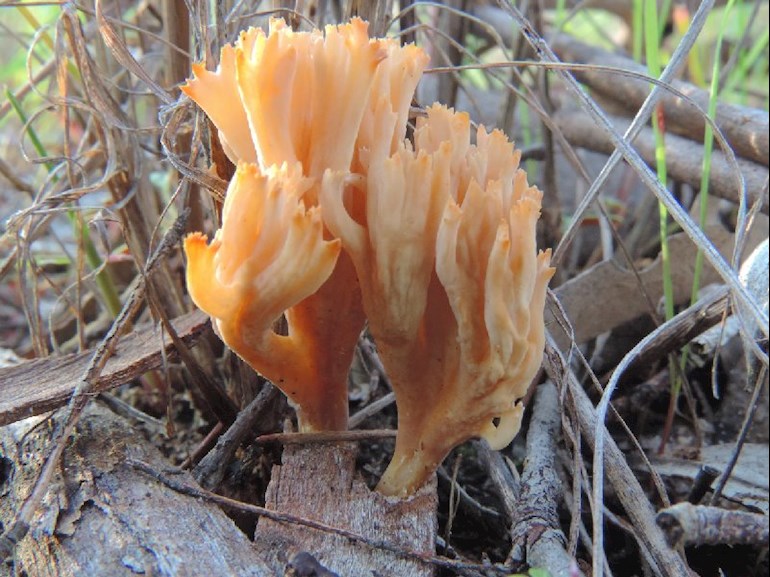Researchers here may have found an unlikely ally in their fight against antibiotic-resistant pathogens -- commercial yogurt
medpagetoday.com/MeetingCov...
:
:
The isolate was identified as Lactobacillus parafarranginis KU495926 and it inhibited 14 multi-drug resistant and extended spectrum beta-lactamase bacteria, which are known for breaking down antibiotics.
:
These results suggested that Lactobacillus parafarranginis KU495926 may be a novel strain that could be worth exploiting for the development of potential therapies in the fight against antibiotic resistance, the authors said.
"Considering the current upsurge of antibiotic resistance in hospitals, especially among the gram-negative bacteria, and the exigent need to find viable alternatives, findings from the study may hold promise for possible therapeutic application," said Allen-McFarlane in a statement.
Note that it was an isolate that was found to inhibit multi-drug resistant bacteria, so I expect eating yogurt is unlikely to help due to the low concentration of this lactobacillus.
Neil
